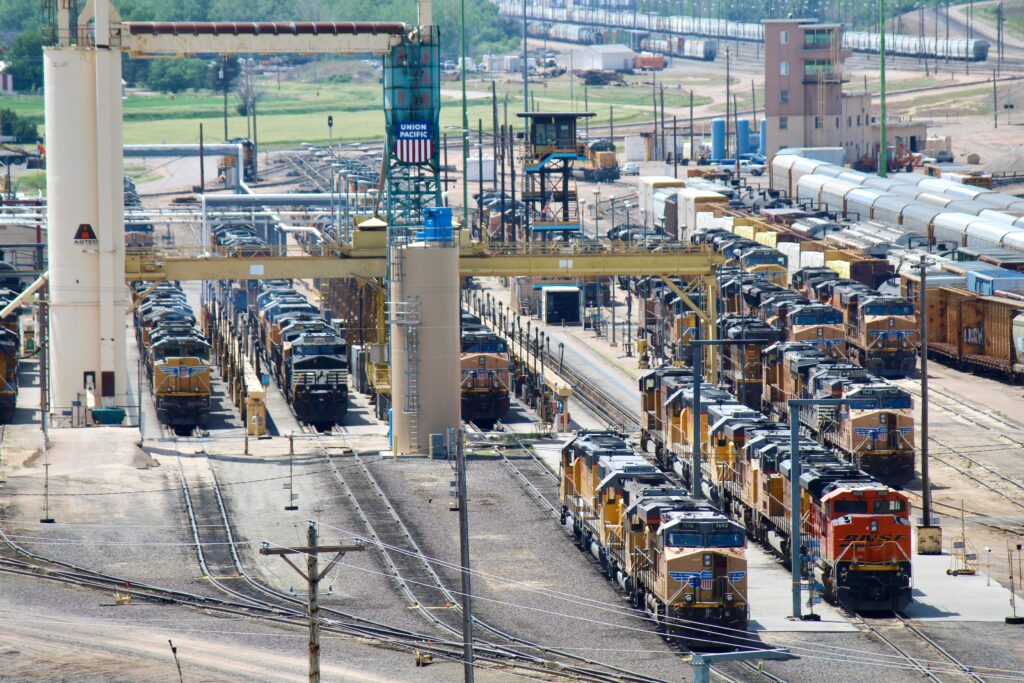
OMAHA, Neb. – Union Pacific says the results of the Federal Railroad Administration’s focused inspections of its freight cars and locomotives raised more questions than answers.
“Typically, inspections by the FRA include a focused audit close out with clear findings and action steps, as well as a meeting to discuss any findings and mitigation approaches,” CEO Jim Vena wrote in a letter to FRA Administrator Amit Bose today. “Our team has not received an audit close out, which will help us more quickly address the issues raised. While a more detailed response will be forthcoming, given the significance of your concerns, I wanted to provide a prompt response addressing the immediate actions we are taking and items we are evaluating.”
The FRA inspections of UP, conducted in July and August, found mechanical defects at rates that were twice as high as the national average. Bose outlined the results of the inspections in a letter to UP executives on Friday, which said the railroad’s inspection practices posted a safety threat. Bose also asked whether recent mechanical department furloughs played a role in what he called the poor condition of UP rolling stock.
“More than 1,000 items can be considered a defect on a locomotive, ranging from something minor that has less impact on the mechanical safety of a locomotive, such as an amnesty lock on a bathroom door, to higher impact ones like a high flange wheel,” Vena wrote. “We are eager to understand the types and categories of the defects cited, as well as the ratio of the percentage of defects.”
The number of locomotives inspected by the FRA represents 10% of those in North Platte and about 1% of Union Pacific’s overall fleet, UP said.
Vena insisted that UP’s fleet remained safe to operate and that the railroad would never compromise on safety. He also said that there was no correlation between recent furloughs of mechanical shop employees and UP’s ability to maintain cars and locomotives.
“The furloughs across our system are the result of lower business volumes, which result in equipment storage, and represent a fraction of a percent of all craft employees,” Vena wrote. “Union Pacific’s Mechanical employee-to-car and locomotive ratios are in line with our own long-term trend, as well as those across the industry.”
Vena also explained why UP officials at Bailey Yard in North Platte, Neb., asked FRA inspectors to leave the East Departure Yard, which had been paralyzed by the intensive inspection.
“When unscheduled audits occur in railyards, it is standard procedure to work with FRA inspectors to ensure the location of the inspections doesn’t cause safety risks for inspectors or employees, or create service interruptions for our customers,” Vena wrote. “We are proud of the professional relationships our managers have with local federal inspectors, and it is very common at a location like North Platte to ask the inspection team to go to a different part of the yard if inspections are becoming impactful to service or placing the inspectors at risk.”
Vena noted that North Platte has four yards where inspections can take place, and it was typical for railroad officials to coordinate inspection locations with the FRA inspectors.
“As we await the standard audit close-out documentation, our teams are already working to identify any potential gaps in our daily repair process,” Vena wrote. “We plan to review those findings, as well as actions we’re taking to close any identified gaps, during our October meeting. We take the FRA’s concerns very seriously and look forward to meeting in person to discuss them.”
Vena, who served as UP’s chief operating officer in 2019 and 2020, became the railroad’s chief executive on Aug. 14.
Bose’s letter to UP executives came three days after the U.S. House of Representatives Oversight Committee sent a letter to Transportation Secretary Pete Buttigieg regarding its response to train derailments and near-misses involving airlines. The committee asked DOT to provide documents related to “efforts to investigate and remediate these issues to protect the safety of all Americans.”
The FRA’s letter to UP also came just a day after the safety agency issued an advisory urging railroads to take action when wheel impact detectors flag wheels that pose a safety risk. The advisory was prompted by the derailment of a UP coal train that included several cars that had previously set off wheel impact detectors. The derailment was likely caused when the impact of one of the defective wheels broke a track bolt, the FRA said.
Note: Updated at 11:03 a.m. on Sept. 12 with new information from Union Pacific, which corrects an error in its letter to the FRA regarding the percentage of locomotives inspected at North Platte and out of its overall fleet.





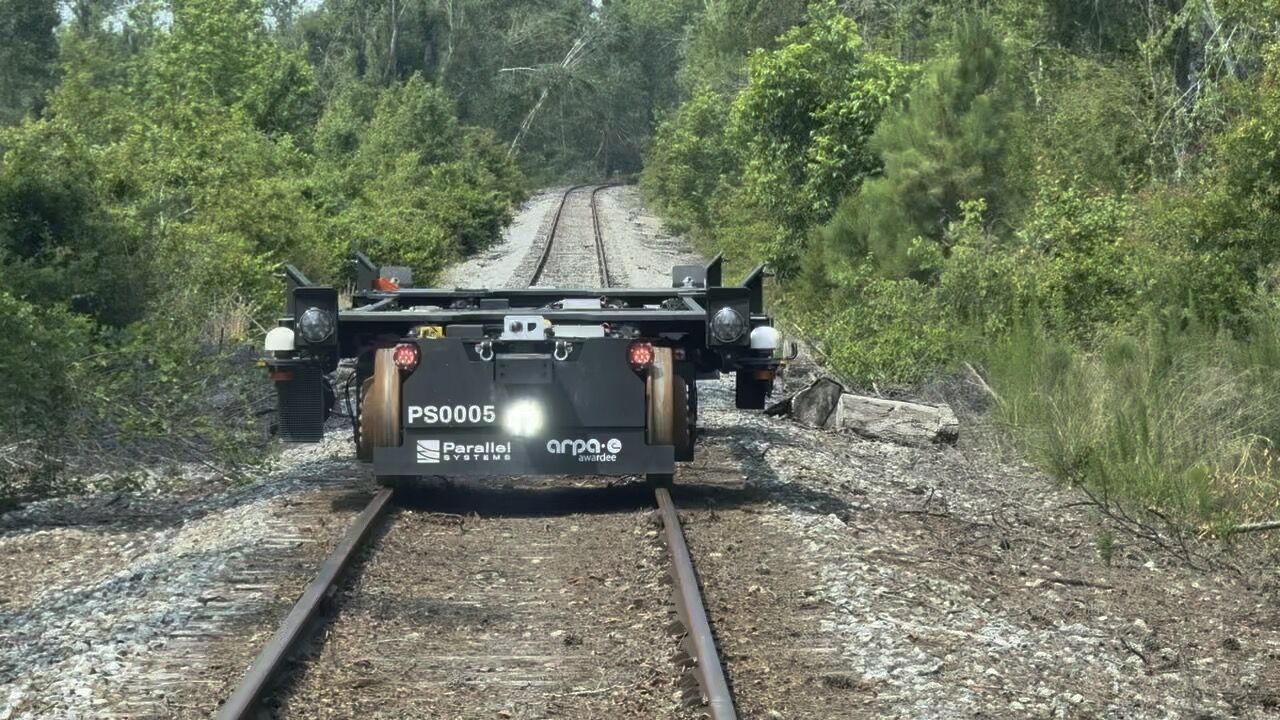
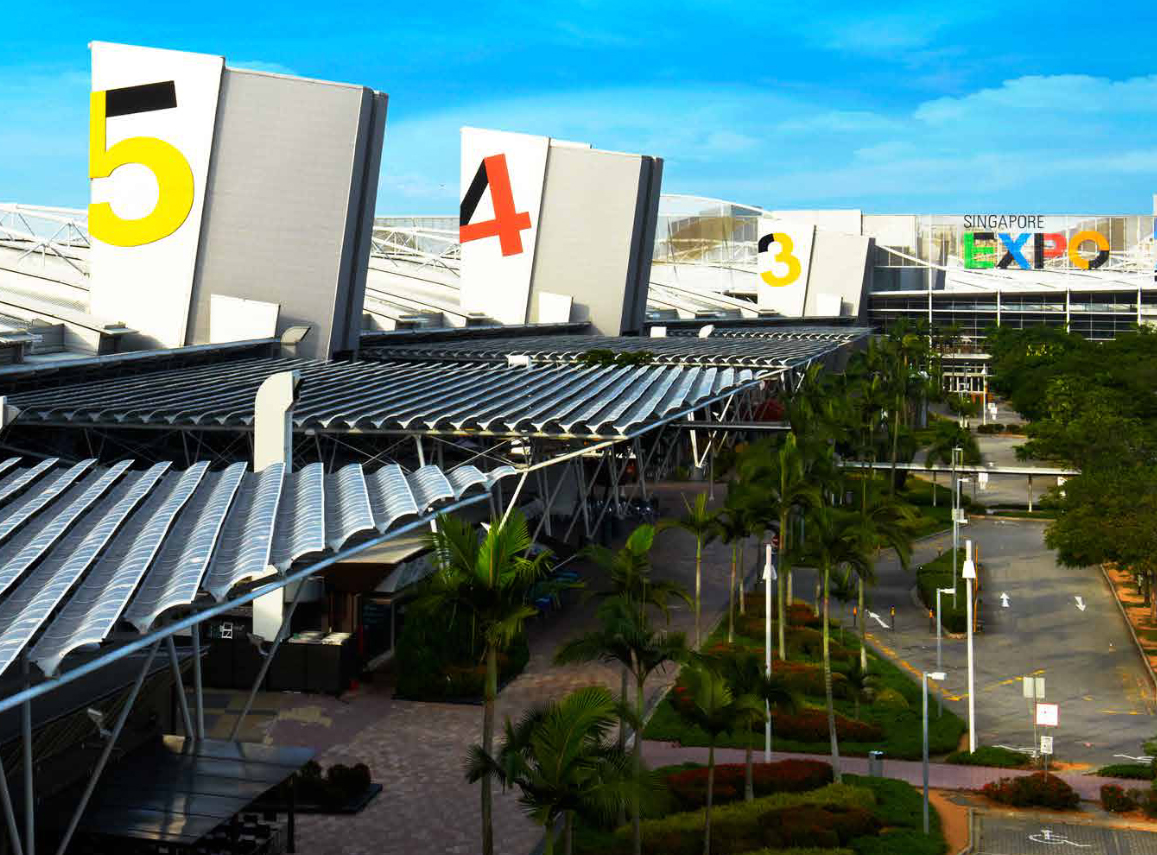
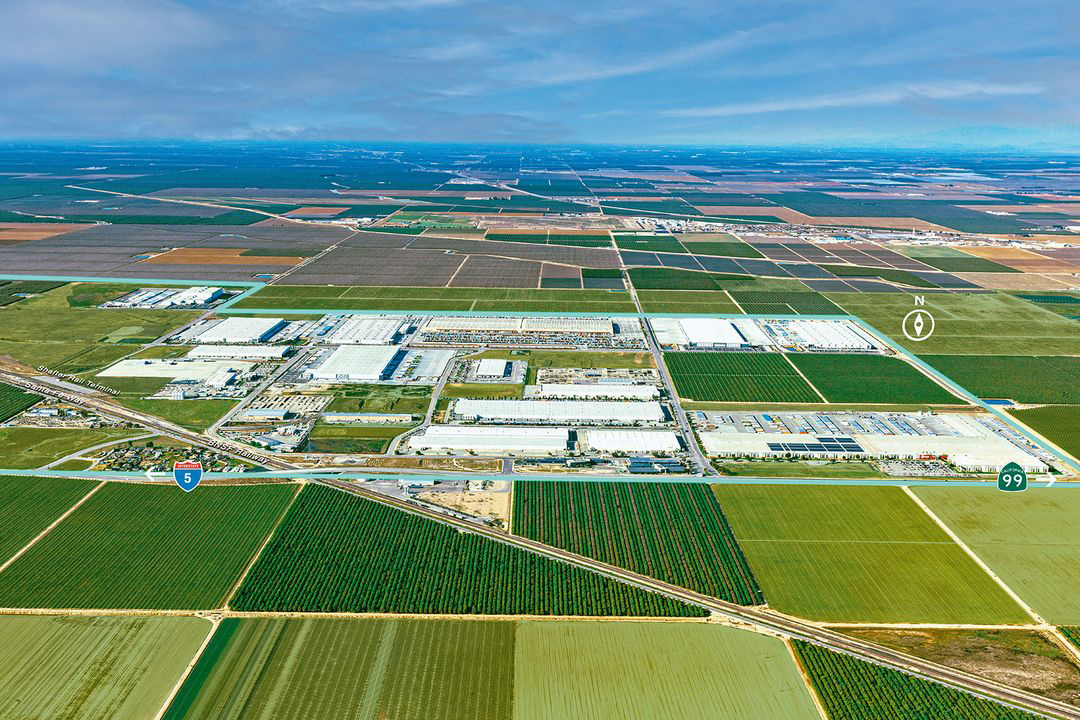
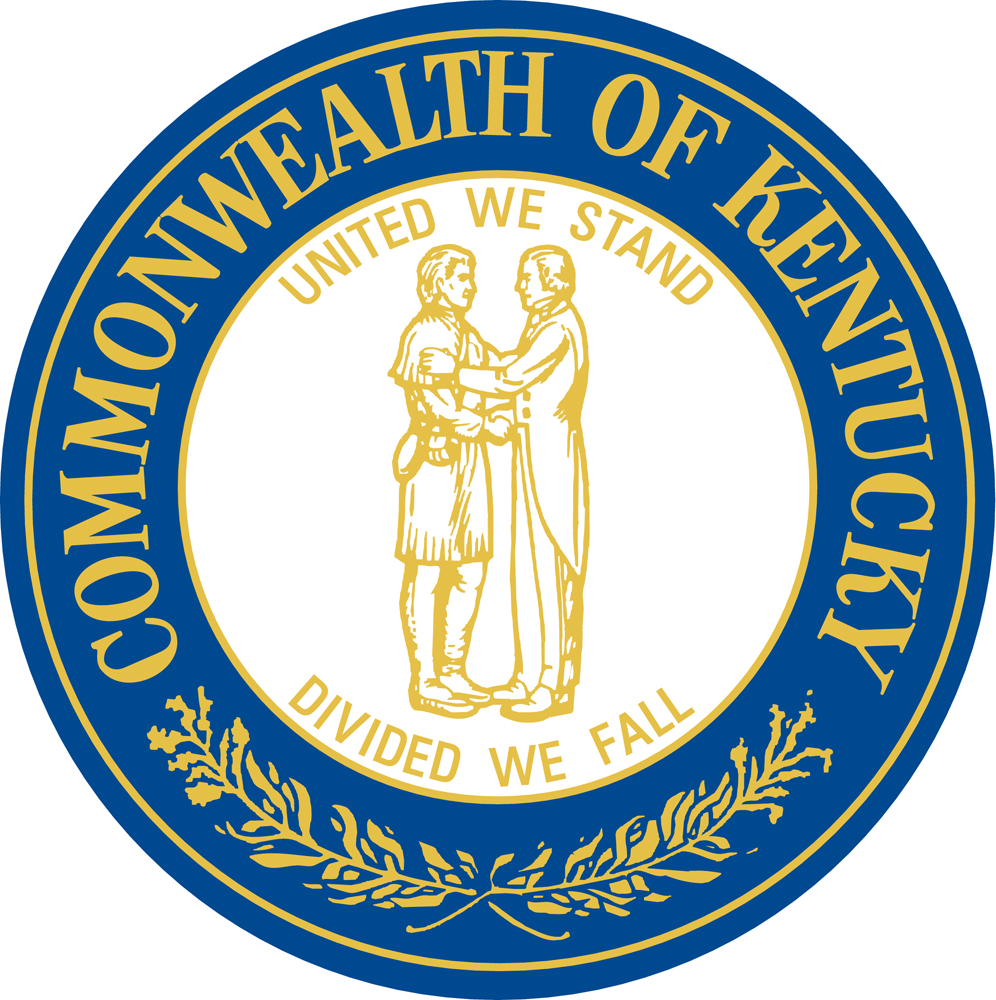




I for one find iy interesting that UP’s first response to the FRA was to tell them to get off the property. No matter what Vena says that doesn’t sound like a railroad interested in safety. If you want the real story you don’t listen to what the big shots say. You talk to the people in the field.
Mr. Bose, Mr. Vena has called “B.S.” on your statements. The ball is now in FRA’s court to “put up or shut up…” so to speak. Please provide the data everyone would like to see so we can decide if this is a fair estimation or another politicization of safety on the rails by Mayor … errrr … Secretary Buttigieg…
If SYZ RR knows a day ahead that their departure tracks are going to be inspected what will happen? A scramble to isolate any problems. FAA does the surprise inspections all the time and I liked them. Kept management, maintenance, and crews on their toes. The few times delayed by those inspections were very welcomed. Learned something every time.
Yes, FAA does do surprise inspections, but not generally on aircraft waiting to take off. They check plains in the hangars for procedural errors that create problems in maintenance, not for obvious problems because they have found those are not the problems that cause crashes as many NSTB investigations have proven. No it is the shortcut here or the little change there that cause the lions share of airline issues. And many times FAA audits are the result of issues ferreted out by NSTB investigators during post crash investigations. The Boeing 737 rudder hard overs is a prime example that was found and solved. There have been many others. But it is kind of like Apples and Oranges when compared to railroads, situations caused by heavy wear and tear occurring on a daily basis in all kinds of weather and other environmental conditions. Trains and planes are technologically very different animals.
Privacy lock. Thin flange wheel.
Wonder if the fed’s findings will ever be public? Yes the lock failure on a restroom door is simply not a safety hazard even tho the smell could be offensive.
UP employees should know what some of the problems are if there are that many defects. I’d also like to see the list as I don’t want to see being dinged for not enough toilet paper in the unisex bathroom.
This issue is clear indication that so-called self-regulation without government intervention is not working and leads to disastrous consequence. It’s good thing people are now noticing before a Megantic-like event occurs.
This railroad is begging for re-regulation. And they’re getting it, and they fully desserve it.
Further to Charles’ comment – …….and, unfortunately, this tactic is effective. See above.
Exactly. Before you try to castigate us in the public forum, would you mind telling us what the problems are, instead of just stating that they exist?
I’m no fan of UPRR or any of its leadership. But I have to agree with you, George.
It’s called “piling on”. UPRR is a sh+++++ railroad but this investigation is Democrat/ Union politics played out through the fig leaf of safety regulatory action.
You expect to not only to face your accusers in a court of law, but to know what you are being accused of? How naively quaint. This is the 21st century. The “Constitution” is nothing but fading words on crumbling paper that is routinely ignored by government at all levels. And, a court challenge is expensive and takes years to resolve. The government has unlimited resources for its case. Not even the wealthiest corporation can match that.
That’s why I say that since railroads are apparently so unwelcome by communities based on the actions of governments representing the will of the majority of voting citizens, they need to abandon unprofitable lines and go “scorched earth” in their departure. Perhaps leaving an entire state. If people feel that they don’t need commodities that only railroads can economically deliver, so be it. Is safe publicly available drinking water really that necessary? (‘There’s always Perrier, isn’t there?’)
As for “elections (having) consequences”, suppose these are indeed the consequences desired by the majority of the voters?
Have to agree, should have not been made public till offender had report.
However, how did the FRA rules come about and I would have to assume when they were introduced or amended every railroad accepted them since they would have to live by the rules. They were made for a reason.
As mentioned elsewhere over the last couple of days, sooner or later if you ignore the small things they will multiply into a much larger problem.
Ignoring and complacency will lead to catastrophe
FRA has to show they are “doing something” post East Palestine.
As for supplying the data, you know pretty well that UP will argue and nitpick the report findings as “frivolous” or have no bearing on rail service.